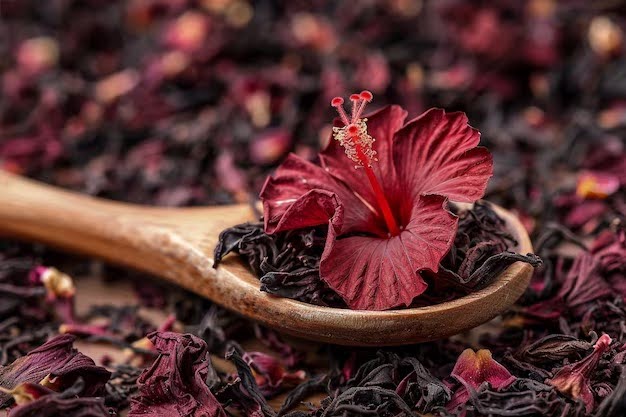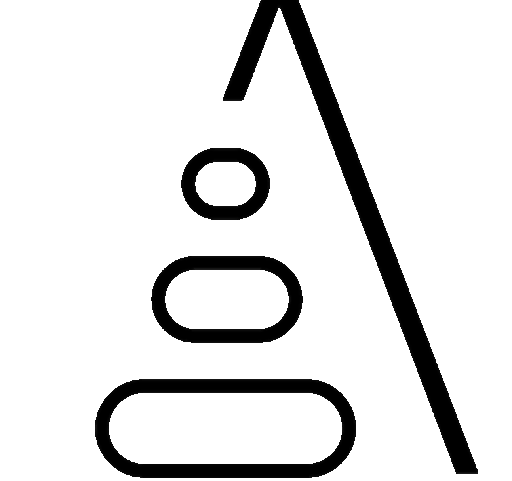
Hibiscus Tea: Nature’s Heart-Healthy Brew
Did you know that a simple cup of tea could be a powerful ally for your heart? Let’s dive into the world of hibiscus tea and discover how this vibrant red brew is making waves in heart health research.
What’s So Special About Hibiscus?
Hibiscus tea, made from the colorful petals of the Hibiscus sabdariffa plant, is more than just a pretty drink. It’s packed with natural compounds called anthocyanins, which give the tea its rich color and potential health benefits.
How Does It Help Your Heart?
Research suggests that hibiscus tea may help lower blood pressure, a key factor in heart health. Here’s how it might work:
1. Relaxing Blood Vessels: The anthocyanins in hibiscus help your blood vessels relax, making it easier for blood to flow.
2. Natural Diuretic: Hibiscus tea acts as a mild diuretic, helping your body get rid of excess sodium and water, which can contribute to lower blood pressure.
3. Antioxidant Power: The antioxidants in hibiscus fight harmful molecules in your body, potentially reducing the risk of heart disease.
What Does the Science Say?
Several studies have looked at how hibiscus tea affects blood pressure:
– One study found that drinking 3 cups of hibiscus tea daily for 6 weeks lowered systolic blood pressure (the top number) by about 7 points in people with mild high blood pressure.
– Another study showed that hibiscus tea was almost as effective as a common blood pressure medication in people with mild hypertension.
Beyond Blood Pressure
Hibiscus tea might have other heart-healthy effects too:
– Some research suggests it could help lower cholesterol levels.
– Its antioxidants may help protect your heart in various ways.
How to Enjoy Hibiscus Tea:
It’s easy to add hibiscus tea to your diet:
1. Steep dried hibiscus petals in hot water for 5-10 minutes.
2. Strain and enjoy hot or cold.
3. Add a touch of honey or lime for extra flavor if you like.
The Bottom Line:
While hibiscus tea shows promise for heart health, it’s not a replacement for prescribed medications or a healthy lifestyle. Always talk to your doctor before making significant changes to your diet, especially if you’re on blood pressure medications.
Incorporating hibiscus tea into a balanced diet could be a tasty way to support your heart health. So why not brew a cup and toast to your heart?
Resource:
[Hibiscus tea compounds](https://www.ncbi.nlm.nih.gov/pmc/articles/PMC3593772/)
https://pubmed.ncbi.nlm.nih.gov/15330492/




Leave a Reply